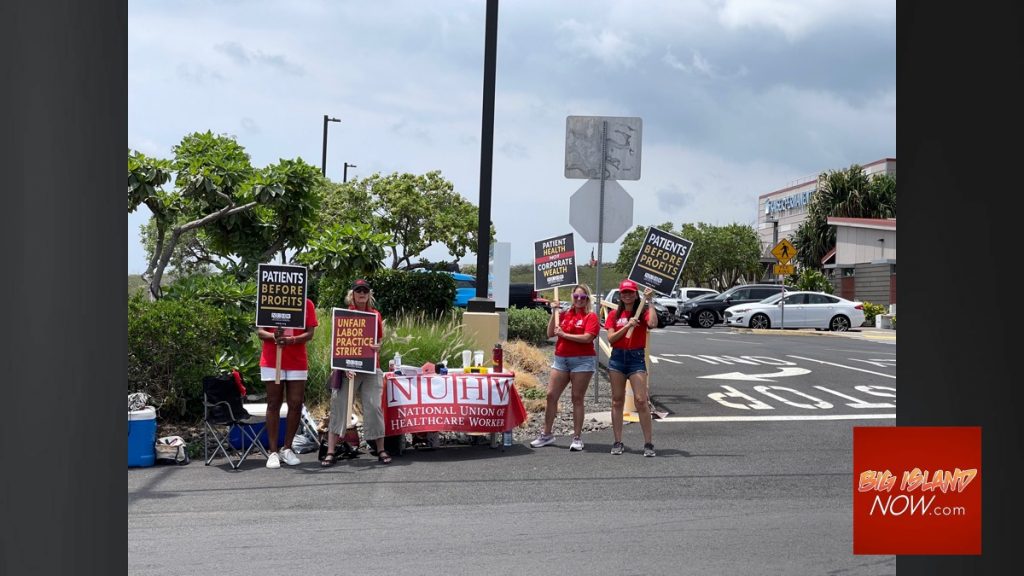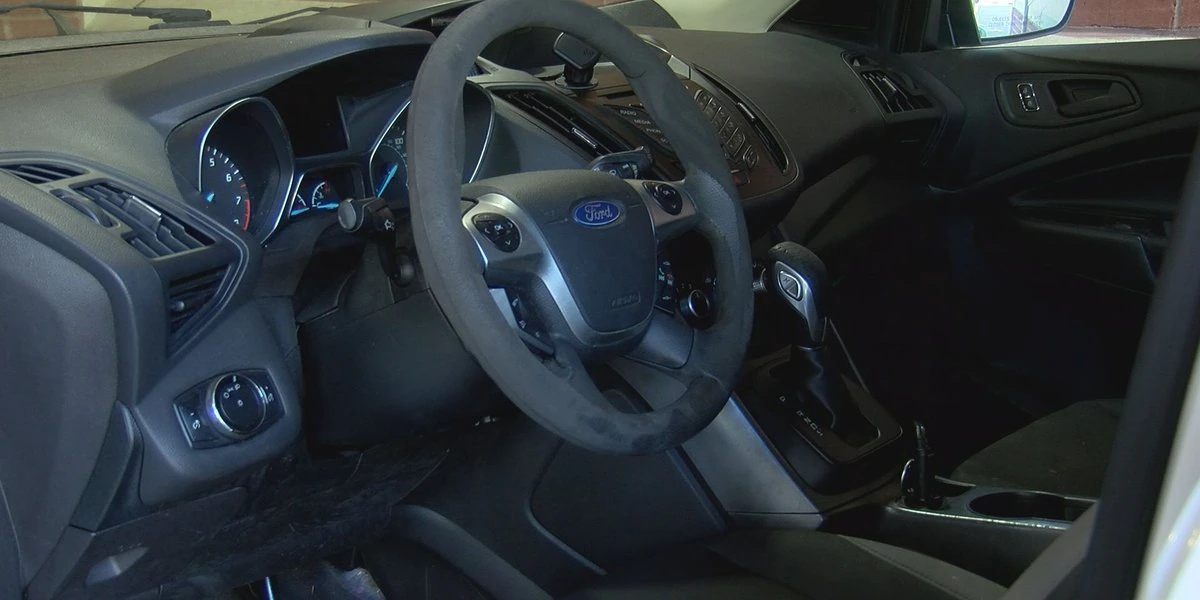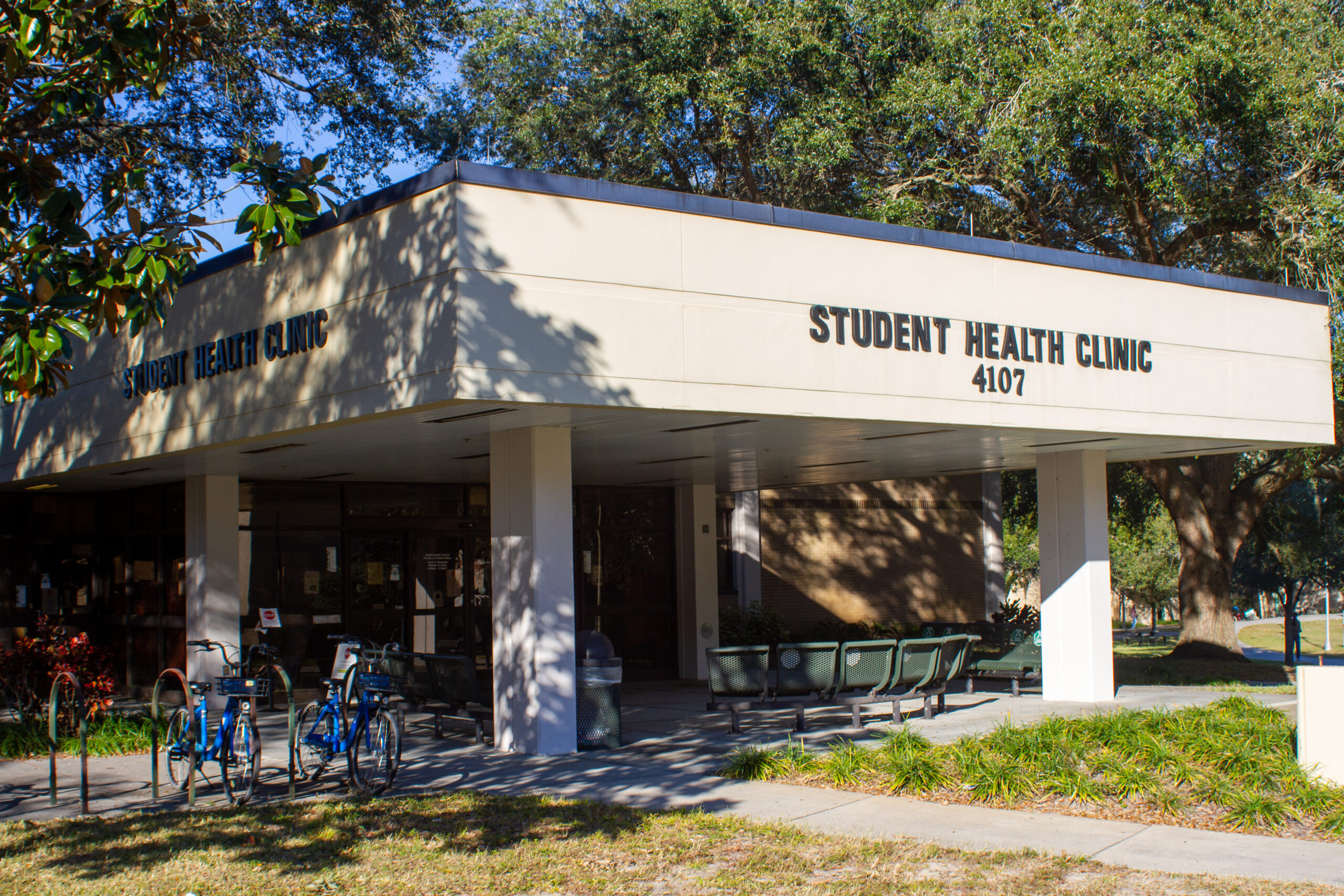[ad_1]
Mental health therapists at Kaiser Permanente clinics across the state will begin an open-ended strike starting next week.
According to a press release from the National Union of Healthcare Workers, NUHW, understaffing has forced patients to wait months for therapy sessions. Mental health clinicians hope a strike will prompt the health care provider to address the access-to-care issues.
“Clinicians will strike for as long as it takes to make Kaiser address an understaffing crisis that leaves patients waiting months for therapy sessions,” stated Matthew Artz with the National Union of Healthcare Workers.
The strikes outside Kaiser facilities will begin at 6 a.m. on Monday, Aug. 29. They will rotate picket line locations. Therapists at the Kaiser Hilo Clinic will strike on Sept. 1 from 8 a.m. to 2 p.m.
“It’s never been harder for Kaiser patients to access mental health care, and Kaiser’s proposals at the bargaining table would make things even worse,” said Darah Wallsten, a clinical psychologist at Kaiser’s Hilo Clinic. “The only choice we have at this point is to strike for as long as it takes to make Kaiser meet the needs of our patients and stop understaffing our clinics.”
Kaiser spokesperson Laura Mott released a statement addressing mental health clinicians’ plans to strike.
“It is disappointing that the National Union of Healthcare Workers has again called on our dedicated and compassionate mental health professionals to walk away from their patients in Hawai‘i at a time when the need for mental health care is so critical,” Mott stated in an email to Big Island Now. ”We continue to focus on providing high-quality care and urge the union to work with us through the bargaining process to finalize a new agreement.”
Kaiser and the union are currently negotiating a contract. Mott said the health care provider continues to bargain in good faith and is committed to reaching a fair and equitable agreement.
“We have the greatest respect and gratitude for our mental health professionals, and we are dedicated to supporting them in their important work,” Mott stated. “We take any potential disruption of services very seriously and have plans to ensure our members and patients continue to receive safe, high-quality care.”
Mott said strikes are a bargaining tactic NUHW has used nearly every time it has bargained for a contract with Kaiser Permanente, over the past 12 years of its existence.
Hawai‘i’s strike comes as more than 2,000 therapists in Northern California enter the third week of an open-ended strike to make Kaiser improve access to mental health care.
According to the release, Kaiser’s 57 psychologists, licensed clinical social workers, medical social workers, case manager nurses and chemical dependency counselors provide services for 266,000 Kaiser members at seven medical facilities and a call center on O‘ahu, Maui and the Big Island.
In Hawai’i, clinicians joined NUHW four years ago to advocate for better access to mental health care, however, NUHW stated the wait times have only grown longer, as frustrated therapists leave faster than Kaiser can hire new ones. While Kaiser, which reported an $8.1 billion profit last year, has boasted to state regulators that it’s gearing up for a hiring spree, it’s demanding that clinicians agree to wage freezes and the elimination of pensions for new hires that would make it harder for Kaiser to hire new therapists and keep the ones it still has.
“We’re going on strike for our patients,” said Rachel Kaya, a psychologist at Kaiser’s Maui Lani clinic. “All we’re asking from Kaiser is to give us the resources to help our patients get better, and all we get from Kaiser is lip service. If Kaiser was serious about growing its mental health workforce, it wouldn’t be singling us out for cuts that it has never asked of any other union in Hawaii.”
NUWH also claimed in its release that the National Committee for Quality Assurance, NCQA, downgraded Kaiser’s accreditation status in Hawaii by placing it under “corrective action” due to its violation of national standards for providing access to mental health care.
According to Kaiser, this is not the case. In information published on the Kaiser website, it states “Kaiser Permanente Hawaii performed well on its recent routine NCQA accreditation survey (completed May 2022), and successfully achieved full 3-year NCQA accreditation status through May 11, 2025, for all applicable services.”
[ad_2]
Source link




